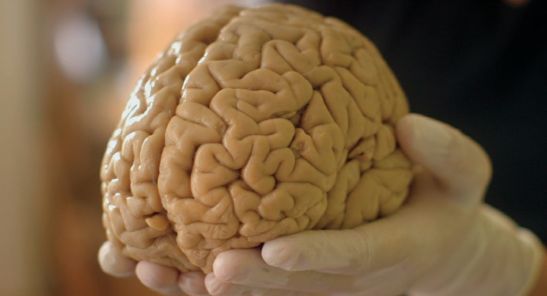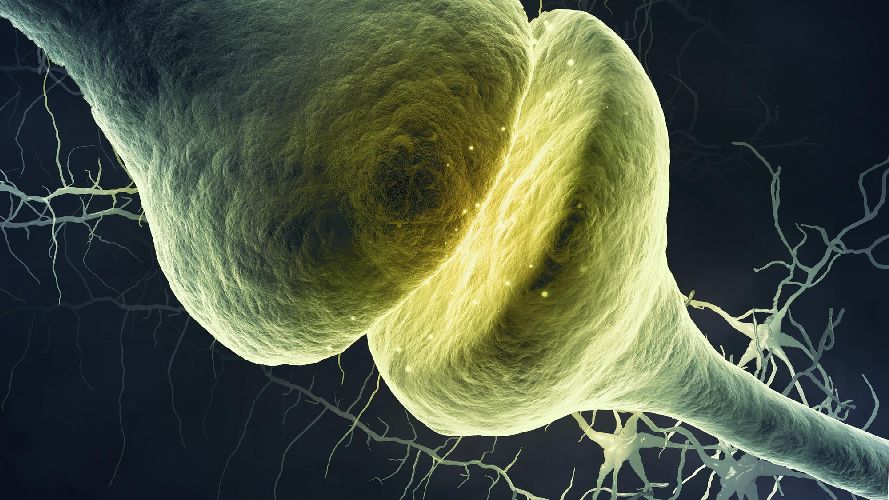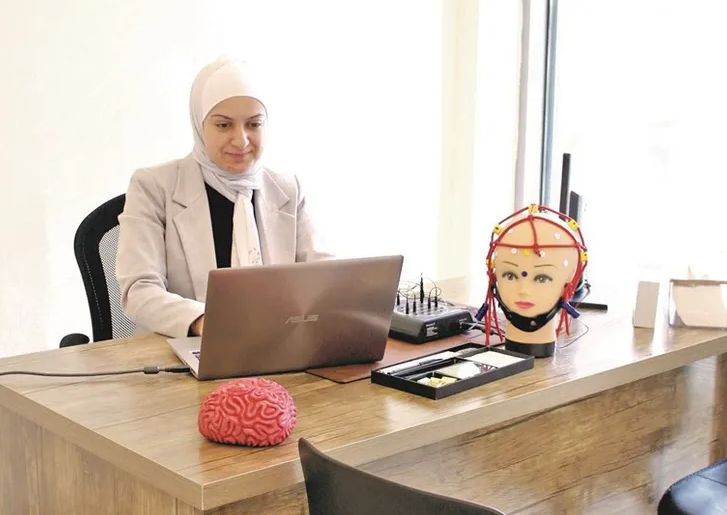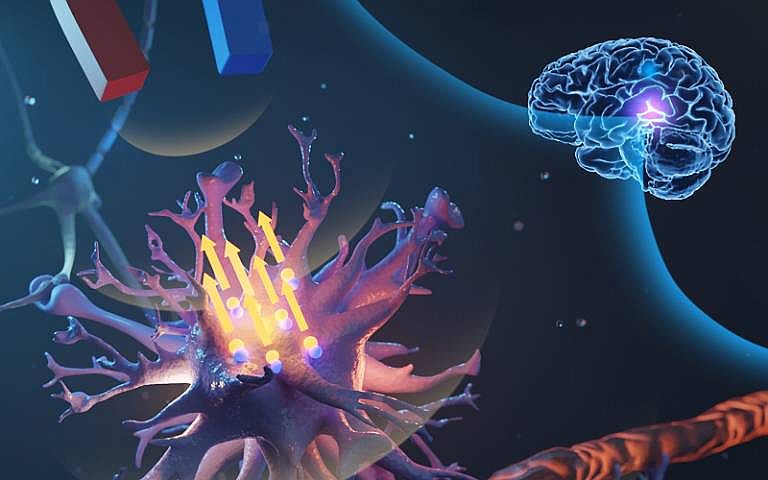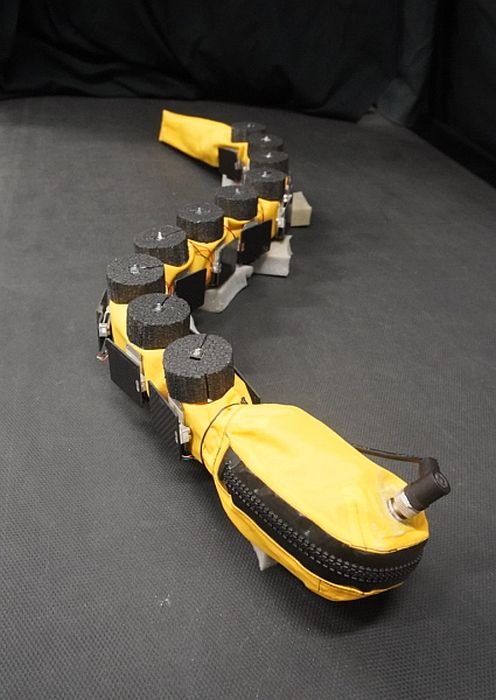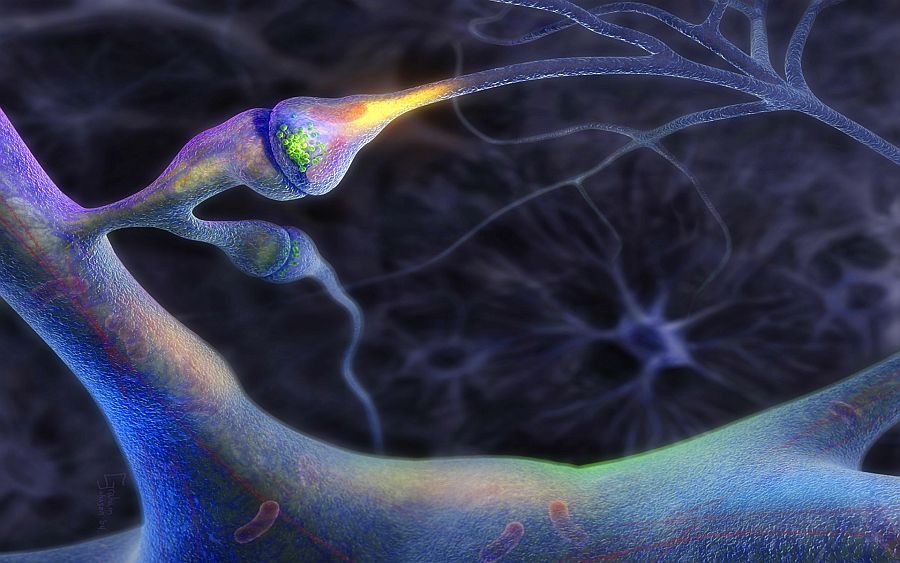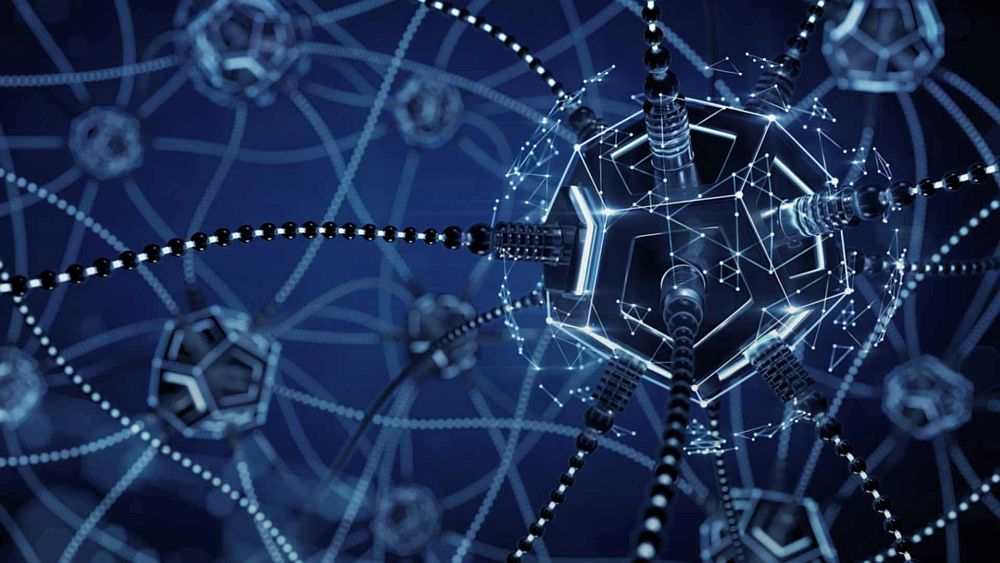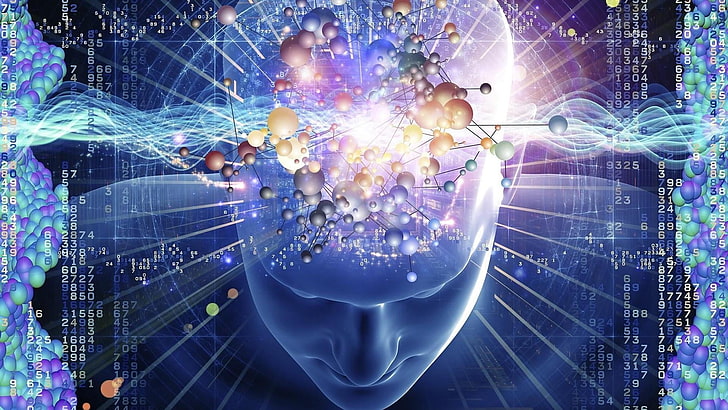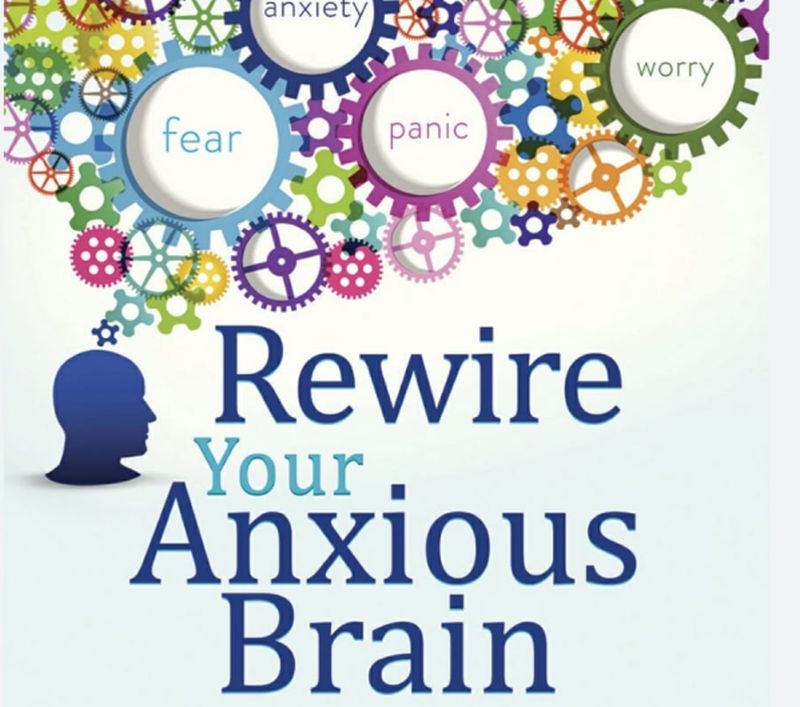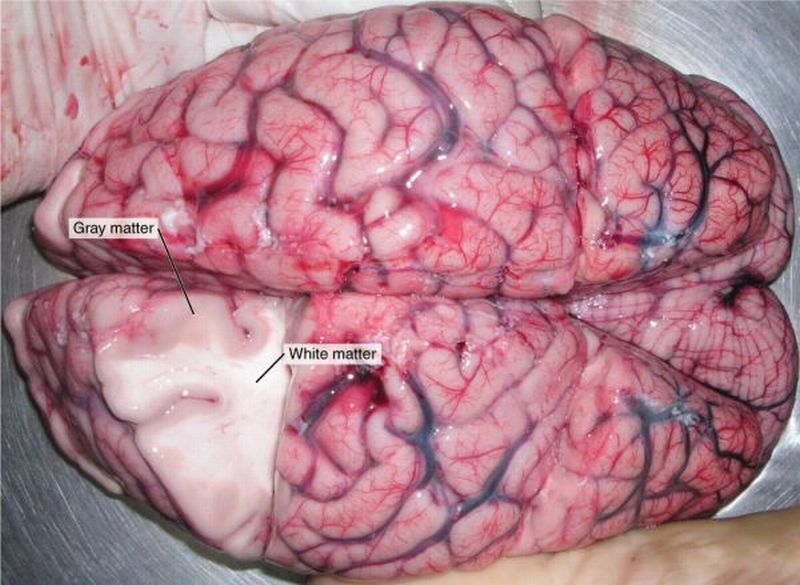New technologies have revolutionized many fields, including medicine and neuroscience. Advances in engineering, materials science, and computer technology have enabled the development of increasingly sophisticated devices for recording and analysing biological signals, such as brain activity, with unprecedented precision and accuracy. For instance, electroencephalography (EEG) is a non-invasive technique that measures electrical activity in the brain using electrodes placed on the scalp. With the advancement in electronics and computing the EEG signals can now be recorded with greater precision and resolution.
Read MoreTag: neuroscience
Hydrogels Promote Neuronal Tissue Growth: Brain Healing
Degeneration of brain cells could be a natural aging process. However, destruction or deterioration of brain cells could occur due to a wide range of internal as well as external factors. In general, brain damage refers to significant, undiscriminating trauma-induced damage. Science has tremendously advanced when it comes to health care and disease control. There are new and radical developments in the field of neurology alone. One such progress is brain tissue reconstruction.
Read MoreBook Review: The Brain by Dr. David Eagleman
Dr. David Eagleman is a neuroscientist at Stanford, NYT bestselling author, Writer/Host of THE BRAIN on PBS, and the list continues. After listening to his podcasts and TED talks, I decided to pick-up one book from his vault – The Brain: The Story of You. The book is an interesting read and at some points, quite an eye opener. Here, Dr. Eagleman reviews how the human brain develops and make sense of the data that it receives from sensory systems. We are built to perceive only thin slice of perception,…
Read MoreHuman Brain Organoids Implanted in Mice: Human-mouse Synapses
An international team of neuroscientists has demonstrated that human brain organoids when implanted in the cerebral cortex region of a mice can respond to external sensory stimuli. Brain organoid, here, refers to a three-dimensional tissue that is made from skin cells.
Read MoreInterview: Wa’d AbuZurayk, a Neurotherapist and Paediatric Occupational Therapist, Jordan
Wa’d AbuZurayk is the first qualified neurotherapist and paediatric occupational therapist in Jordan. She has attained her licensed device from Germany. The device is both FDA and internationally approved. She is also the founder of Ujeed, Child Development Consultations in Amman, Jordan. These days most of her time is occupied with families to create their own unique narrative through neurotherapy, occupational therapy and a pinch of magic. With the help of neurotherapy, Wa’d aims to retrain the brain to develop new skills and increase brain fitness. While at the same time…
Read MoreMultiple Modes of Dendritic Integration in Single Neurons: Brain Computation
Dendrites, branch like extensions protruding from a single neuron, participate in computations and permutations to give a synchronized output to the neuron. Researchers at MIT have now demonstrated that not only different types of dendrites (of a single neuron) collect input from various regions of the brain, they also process that information in different customized ways.
Read MoreManeuvering Brain Astrocytes via Magnetic Field: Magnetomechanical Stimulation
Researchers at University College London have discovered a new form of non-invasive therapy for neurological disorders. The technique called “magnetomechanical stimulation” (MMS) involves microscopic magnetic particles for remotely stimulating brain cells.
Read MoreAltering Macrophage Metabolism Helps Damage Nerves Recover: Neuronal Health
Peripheral nervous system (PNS) axons regenerate in contrast with central nervous system (CNS) axons, however, the rate of renewal is fairly slow. It is because of its sluggish rate majority of the peripheral nerve injuries lead to permanent disability for patients.
Read MoreSwimming is Dynamics of Two Nervous System: AgnathaX
Starting in the early 1900s, one of the problems that baffled neuroscientists worldwide was the role of central and peripheral nervous systems in swimming locomotion. In other words, how swimming locomotion is generated and how vertebrates synchronize the rhythm that is required for the locomotion.
Read MoreMemory Consolidation via Excitatory And Inhibitory Networks: Neuronal Circuits
Until now, neuroscientists believed that during memory consolidation only “one” excitatory process occurs and that also in the Hippocampus region of the brain. Lately, McGill-led multi-institutional research team has discovered that there is not one but two different processes that are simultaneously taking place in different neural network within brain.
Read MoreInternet of Things Will Morph To Internet of Humans: Neuralink
In The Age of Intelligent Machines (1990), inventor and visionary computer scientist, Raymond Kurzweil predicted that there will be a huge increase in the use of technology and an exponential growth in the internet. And by mid-21st century, AI would overtake human brain in computational capabilities. Eventually it would lead to intelligence explosion resulting in a powerful super intelligence that qualitatively surpass all human intelligence.
Read MoreSpecialized Grafts Behaved Like Neurons: Spinal Cord Injury
A spinal cord injury (SCI) usually causes perpetual damage within our body. This can result in long-term disability. And in most of the cases, spinal cord compression can lead to paralysis.
Read More10 Amazing Brain Facts: The Most Complex Manifestation of Intelligence
Study of human brain is one of the most remarkable subjects of all times. The more we learn, the more questions we have, this holds true for the wide network of neurons that we all carry above our head, literally.
Read MoreBook Review: Rewire Your Anxious Brain by Catherine M Pittman, Elizabeth M Karle
Anxiety is part of our everyday life but chronic anxiety is a type of mental illness. It is neither a temporary problem nor does it get away with medications. It can have serious consequences on health such as depression, mood swings, headache, panic attacks, pounding heart, breathing problems, extreme fatigue, increase in blood pressure and so on.
Read MoreObesity May Trigger The Progression Of Brain Ageing: Neurobiology Of Aging
Over the years, various researches across neurobiology of aging have suggested that brain shrinks with age. A recent study led by the University of Cambridge has added that obesity may also trigger the progression of brain ageing.
Read More


